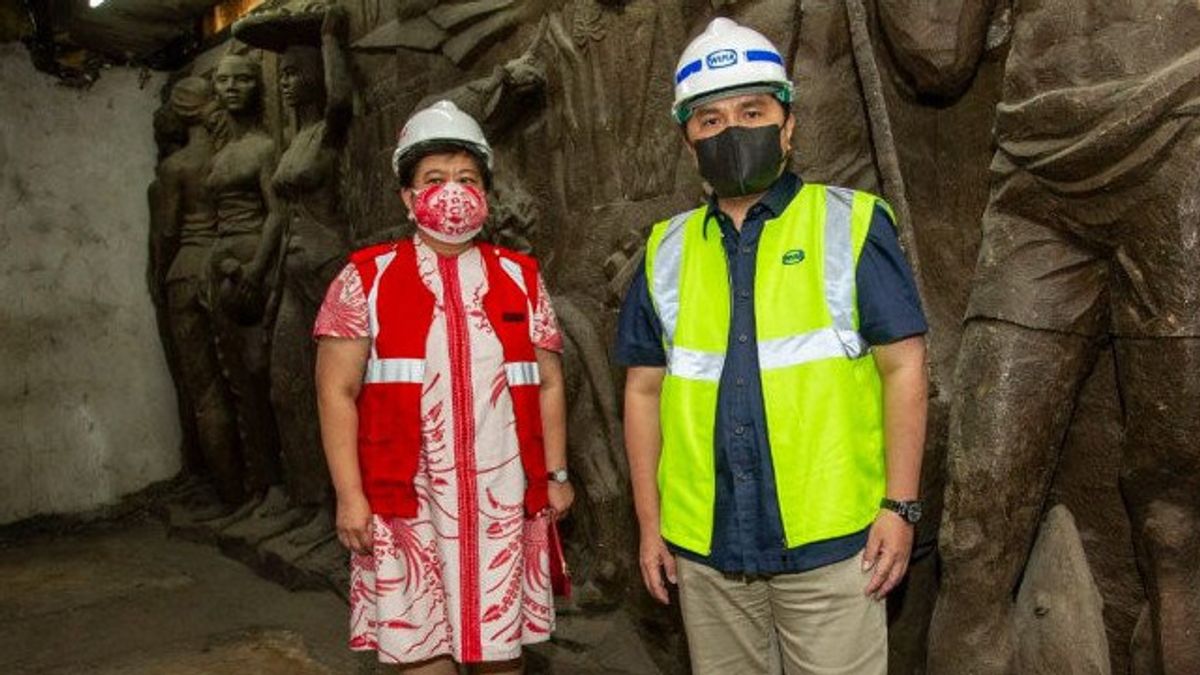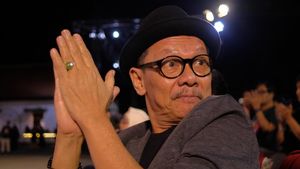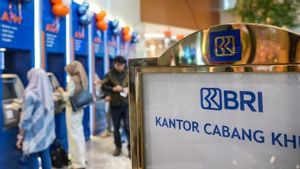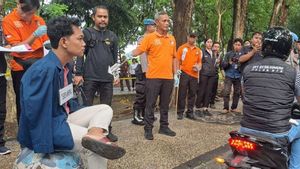JAKARTA - BUMN Minister Erick Thohir saw firsthand the progress of the restoration of the Sarinah Building, Jakarta, in the context of transforming the company's business.
During his visit, Minister Erick admired the relief masterpiece and asked that this work be restored as much as possible. When Sarinah is re-opened, this relief can also be exhibited to the public.
"A great nation is a nation that knows its history," said Erick in an official statement quoted from Antara, Friday, January 15.
During his visit, the Minister of BUMN was accompanied by the President Director of PT Sarinah (Persero) Fetty Kwartati, the President Director of PT Wijaya Karya (Persero) Agung Budi Waskito and the Curator of the National Gallery of Indonesia Asikin Hasan.
Fetty explained that the restoration process of the Sarinah Building was in principle still on track and on schedule even in the midst of the COVID-19 pandemic.
Progressive renovation work can be carried out as long as it is under strict health protocols because the construction sector is one that is licensed to operate fully.
"Sarinah as a heritage building also has a relief sculpture," said Fetty.
This relief symbolizes the economic activities of the common people who at that time relied on agricultural, plantation, fishery, and handicraft products.
As the proclaimer and first president of Indonesia, Bung Karno was an artist who initiated the creation of this art work. His support for the people's economy has been the spirit of the founders of this nation.
According to Asikin, who is also a member of the Cultural Heritage Expert Team (TACB), this work of art is very epic and gigantic in size. In fact, when it was made, it was using modern single-panel casting technology.
Likewise, when Sarinah was built as a manifestation of modernization, at that time it was called a beacon of national economic revival that was superior and in favor of the people's economy or currently known as UMKM.
This relief also keeps reminding Sarinah's mandate to raise them. In the 80s, Sarinah was on fire and experienced a widening of the visitor corridors. Relief is moved and stored on the ground floor.
With regard to the transformation and renovation of the Sarinah Building, this relief will be restored and exhibited when the restoration is over and Sarinah is back in operation.
This relief, according to the records of several national history and art experts, was made by a group of Yogyakarta artists during the construction period (1962-1966), featuring peddlers and pelapak symbolizing the struggle of the little people to make a living.
As for the architect or sculpture designer, TACB is still investigating, as is the blueprint.
The English, Chinese, Japanese, Arabic, and French versions are automatically generated by the AI. So there may still be inaccuracies in translating, please always see Indonesian as our main language. (system supported by DigitalSiber.id)













